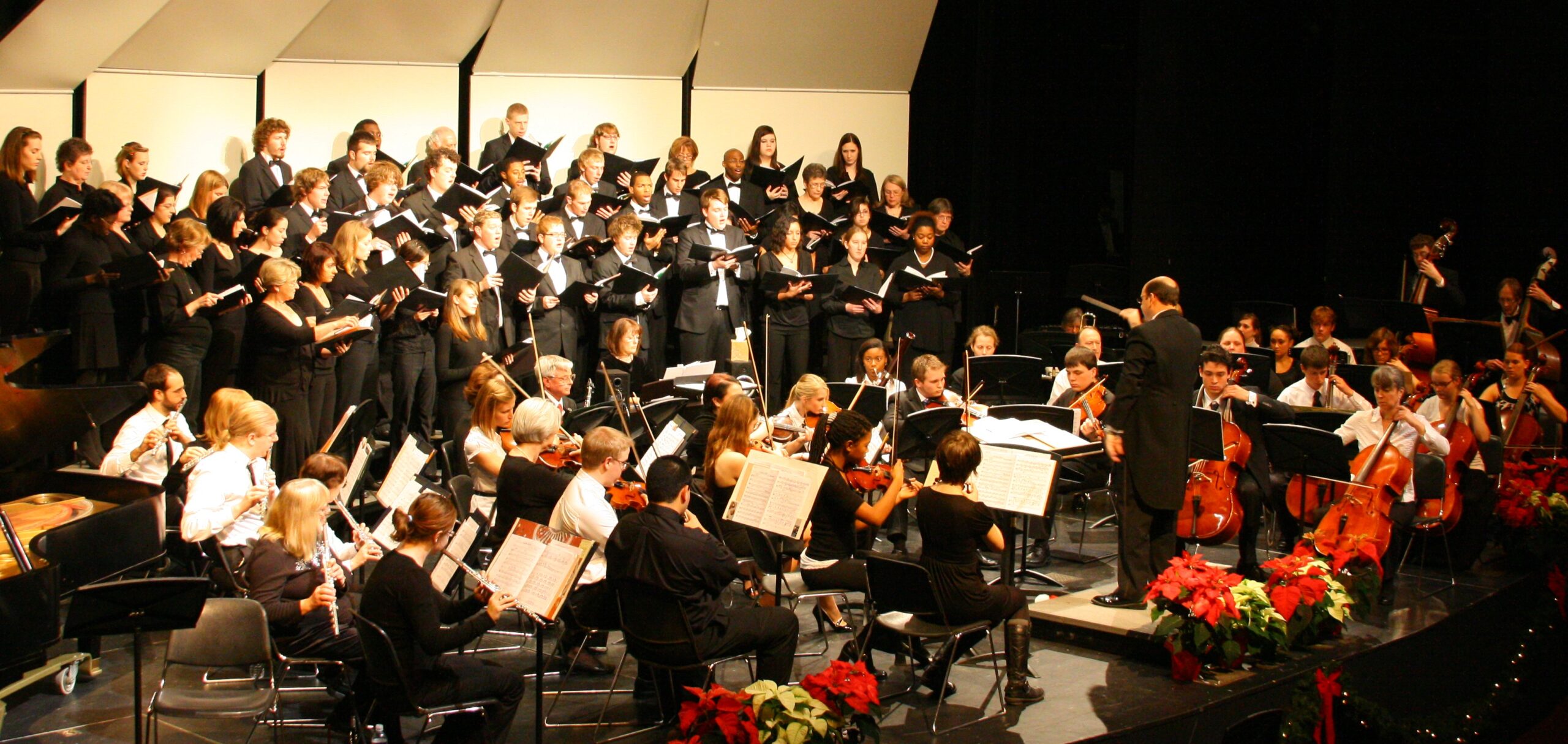The March 15 election could change the course of the election on a national scale
By: BRITTNEY FARROW
Opinions Editor
March 15 marks the date of the state of Missouri’s presidential preference primary — an event which allows registered voters in the state to choose their party’s preferred candidate, and to weigh-in on the issues surrounding this election.
In the primary elections of 2012, Democratic Presidential Candidate and sitting President of the United States Barack Obama took the majority of his party’s votes — 88 percent. It was also the first time since 1996 that Missouri used a caucus to nominate delegates to the Republican National Convention.
Caucuses differ from the general primary elections due to the nature in which they are conducted. Caucuses are meetings held between members of a particular political party to determine which candidates should be nominated to represent that particular group, and in some states — such as Iowa, Nevada and South Carolina — the results are public and often televised. According to Professor of Political Science John Messmer, the similarities between a caucus and a primary election lie mainly within the results.
“The whole point is to determine a nominee,” Messmer said. “The difference is in the journey. A caucus is a meeting. It’s more labor-intensive. It provides a way for those who participate to have more say.” Caucuses appeal to some because they give devoted members of a particular party some extra weight in the election, Messmer said.
This election season has varied from those in previous years in a few notable ways. While Vermont Senator Bernie Sanders and former New York Senator Hillary Clinton have polled at the top of the Democratic party, the Republican party has seen a wavering influx of interest in several varying candidates.
Since the ballot was delivered to voting offices many listed candidates have suspended their campaigns; Ben Carson officially dropped out of the race on March 4 after failing to
maintain his initial early polling numbers; Jeb Bush ended his run in late February; Mike O’Malley dropped out after polling at less than one percent at the Iowa caucus.
Assistant Professor of Political Science Emily Neal believes this election differs from others due to the longevity of the competition within parties. Revisions made to state voting laws have encouraged a longer discussion about who should run each party, Neal said.
“The divisions between current presidential candidates reflects the division we’re facing as a country,” Neal said, “What I find problematic about [this election] is that in 2016 we have a candidate supporting discrimination and running a campaign on a discrimination agenda.” It is the responsibility of journalists and of society to call out discrimination, Neal said. Neal believes that when journalists do not address this discrimination they are passively supporting the position.
During his campaign, Republican party frontrunner Donald Trump has taken an active stance against immigration, and has been vocal about his views on foreign policy. Several statements he has made during his own rallies and speeches have prompted some voters to express concerns of racism — particularly islamophobia.
“On the Republican side it’s a circus due to the unusual candidacy of Donald Trump,” Messmer said, “I’ve never seen such a dispute and discontinuity [with the same party]. There’s an outright public hostility between candidates. This election will be talked about 20 or 30 years from now because what we’ve seen is so unique.”
Missouri does not allow registered voters to place an early vote, but there is absentee voting for those who will not be able to make it to an election spot on March 15.
“[The primaries] are important because they determine who has the resources to run the party, and they tell the party representative which issues to make central to their campaign,” Neal said.
This election in particular has garnered quite a bit of attention from younger voters aged 18- 25. According to a study from the Center for Information and Research on Civic Learning and Engagement at Tufts University, voter turnout for people aged 18- 29 reached a new low in 2014. Despite a general youth interest in candidate Bernie Sanders, it is inconclusive whether or not the youth vote could sway the election.
“College students should care because it affects them. Politics are affected by those who participate in the process,” Messmer said.











